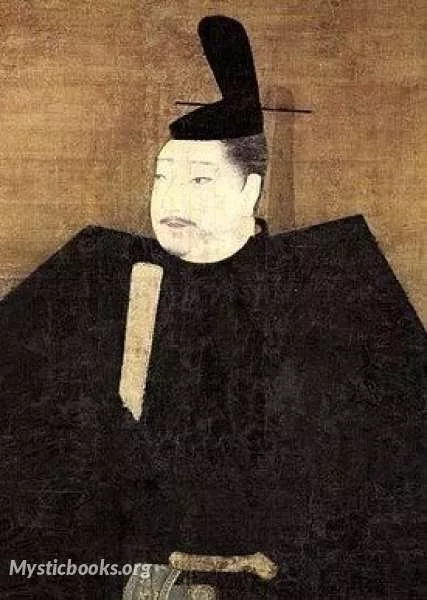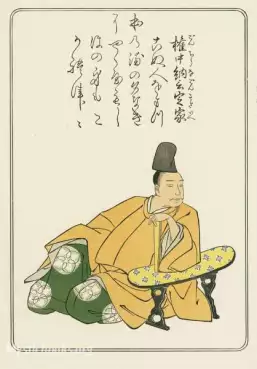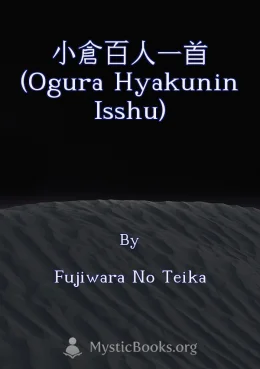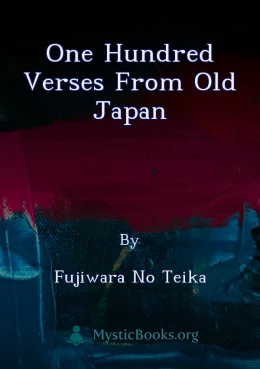
Timeline
Title
Country/Nationality
Fujiwara no Teika
Fujiwara Sadaie, better-known as Fujiwara no Teika was a Japanese poet, critic, calligrapher, novelist, anthologist, scribe, and scholar of the late Heian and early Kamakura periods. His influence was enormous, and he is counted as among the greatest of Japanese poets, and perhaps the greatest master of the waka form – an ancient poetic form consisting of five lines with a total of 31 syllables.
Teika's critical ideas on composing poetry were extremely influential and studied until as late as the Meiji era. A member of a poetic clan, Teika was born to the noted poet Fujiwara no Shunzei. After coming to the attention of the Retired Emperor Go-Toba (1180–1239; r. 1183–1198), Teika began his long and distinguished career, spanning multiple areas of aesthetic endeavor. His relationship with Go-Toba was at first cordial and led to commissions to compile anthologies, but later resulted in his banishment from the retired emperor's court. His descendants and ideas would dominate classical Japanese poetry for centuries afterwards.
Teika was born to a minor and distant branch of the aristocratic and courtly clan, the Fujiwara, in 1162, sometime after the Fujiwara regents had lost their political pre-eminence in the Imperial court during the Hōgen Rebellion.
Teika's goals as the senior male of his branch were to inherit and cement his father's position in poetry, and to advance his own reputation (thereby also improving the political fortunes of his own clan in the court). While his life would be marked by repeated illness and wildly shifting fortunes – only partially moderated by his father's long-lasting influence in court (Shunzei would live to the advanced age of 90), the young and poetically inclined Retired Emperor Go-Toba's patronage would prove to lead to some of Teika's greatest successes.
Books by Fujiwara no Teika

Ogura Hyakunin Isshu
Hyakunin Isshu (百人一首) is a classical Japanese anthology of one hundred Japanese waka by one hundred poets. Hyakunin isshu can be translated to "one hundred people, one poem [each]"; it can also refer to the card game of uta-garuta, which uses a d...

小倉百人一首 (Ogura Hyakunin Isshu)
Hyakunin isshu (百人一首) is a traditional style of compiling Japanese waka poetry where each contributor writes one poem for the anthology. (Summary from Wikipedia)

One Hundred Verses from Old Japan
In 12th-13th century Japan there lived a man named Fujiwara no Teika (sometimes called Sadaie), a well-regarded poet in a society that prized poetry. At one point in his life he compiled the Ogura Hyakunin Isshu (often known simply as the Hyakunin Is...